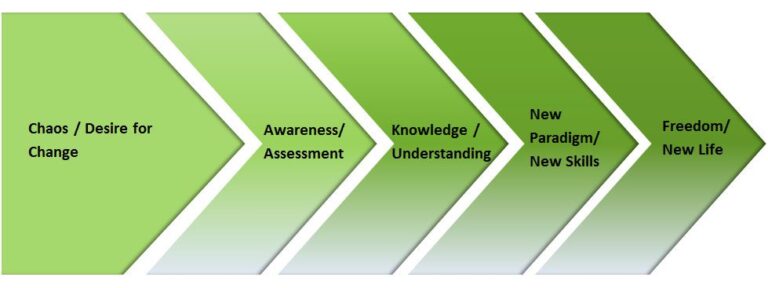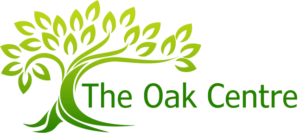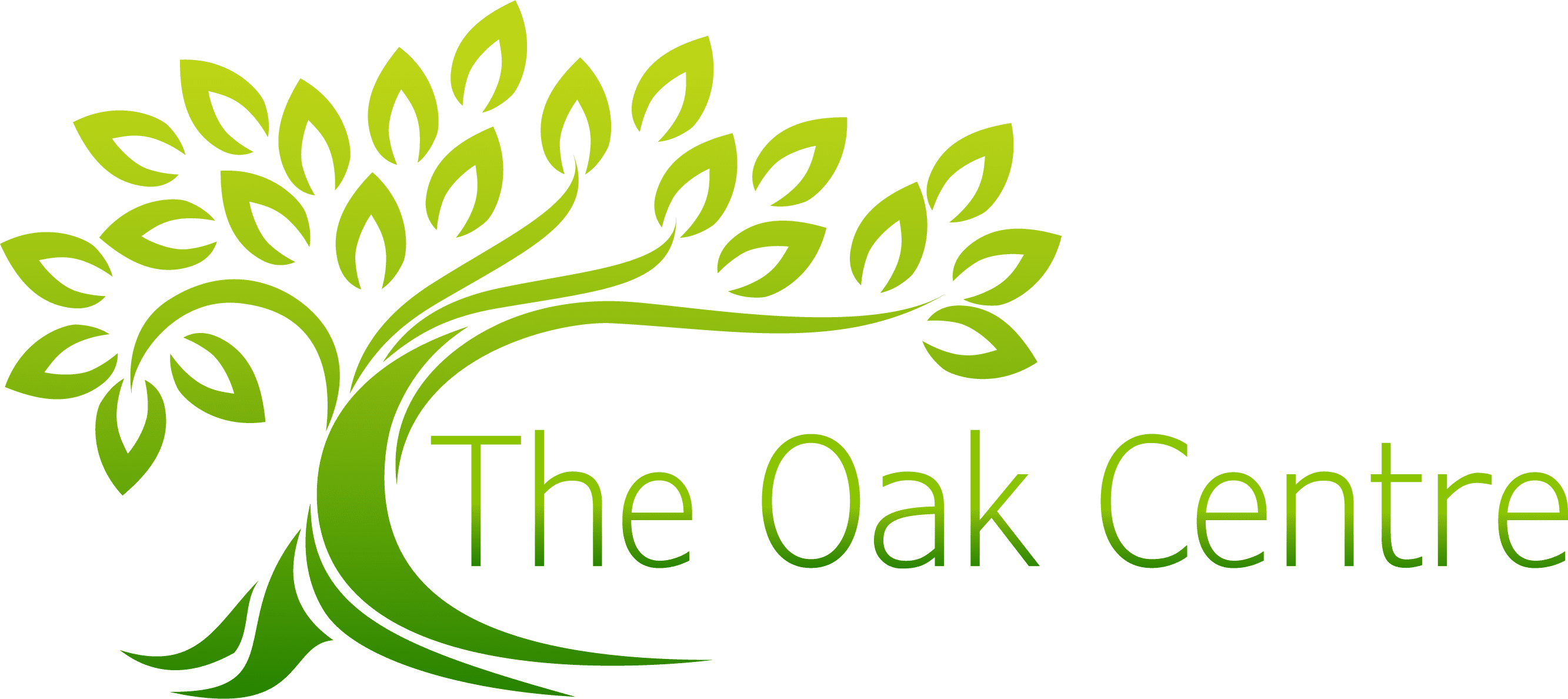Repair & Re-Vision Model
The Oak Centre has developed a model for supporting individuals and couples known as ‘Repair & Re-Vision’.
Our model is based on two key principles:
- The stability and health of a relationship is determined by the stability and health of each individual partner
- Until each partner has experienced some personal healing and recovery, joint relationship counselling will not be effective
The Recovery Journey

Repair Phase
For the porn or sex addict, this phase involves defining and establishing sobriety and completing a number of initial recovery tasks including, clarifying personal values, developing functional boundaries that support recovery, learning to manage emotional states and dysfunctional thoughts in healthy ways, and journaling thoughts, feelings and associated behaviours.
An important element of recovery for the addict is to learn to slow the mind down and focus on his/her thoughts and feelings before making a decision about a specific behaviour. Journaling one’s thoughts, feelings and associated behaviours accelerates learning and increases the potential for change.
For the addict’s partner, this phase involves a focus on self-nurturing and self-care as well as learning the Do’s and Don’ts of how best to support and empower the partner in his/her recovery. Key tasks include clarifying personal values, establishing clear relational boundaries, articulating needs and expectations, and journaling thoughts, feelings and associated behaviours.
Re-Vision Phase
This phase builds on the tasks and associated learning that has occurred for both partners during the Repair Phase and leads the couple to a ‘new place’ in terms of relationship dynamics.
Key tasks for the couple in this phase include developing a mutually agreed Relationship Constitution which articulates specific expectations about important topics such as parenting, career, finances, intimacy (non-sexual and sexual), personal pursuits and extended family relationships.
This phase also focuses on learning and practising ’Intimacy Dialogue’ skills to improve communication and establishing a regular ‘Check-In’ to share thoughts and feelings regarding challenges and progress.
Role of Values
At The Oak Centre, we believe that clarified and committed values are an essential foundation for recovery and for building a healthy and fulfilling relationship.
 Dr. Carl Rogers, a pioneer in the field of psychotherapy, has stated:
Dr. Carl Rogers, a pioneer in the field of psychotherapy, has stated:
“Clarifying your values is the first essential step towards a richer, fuller, more productive life”.
Values are defined as ‘Principles or standards of behaviour’ or ‘One’s judgement of what is important in life’.
Values Clarification
Values clarification is an important task in the early stages of the recovery process, and in fact, throughout one’s life. In one of the tasks of your recovery program, you will be asked to consider and record personal traits, qualities and attributes to which you aspire.
 In Dr. Stephen Covey’s acclaimed book, ‘The Seven Habits of Highly Effective People’, he describes values clarification as ‘writing your own eulogy’. That is, describing the person you would like to be known as when people speak about you at your funeral! For many this can be quite a confronting and sobering exercise.
In Dr. Stephen Covey’s acclaimed book, ‘The Seven Habits of Highly Effective People’, he describes values clarification as ‘writing your own eulogy’. That is, describing the person you would like to be known as when people speak about you at your funeral! For many this can be quite a confronting and sobering exercise.
Our recovery strategies, principles and tasks are designed to empower you to live your values more fully and achieve a higher level of congruency between your public and private life.

“Values help us weather the storms of life” – John Larkin

